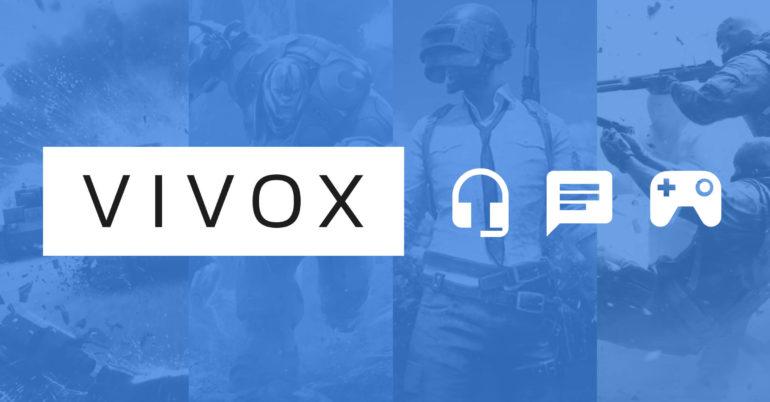Unity Technologies Acquires Voice And Text Chat Provider Vivox
By Stefanie Fogel
LOS ANGELES (Variety.com) – Unity Technologies, creator of the Unity game engine, acquired cross-platform voice and text communication provider Vivox, it announced on Tuesday.
Vivox will now be a wholly owned subsidiary and operate independently. The entire team, including founder and CEO Rob Seaver, will join Unity, but remain headquartered in Framingham, Mass.
Vivox is the only company currently offering cross-platform, 3D positional audio technology, Unity said. Its technology has been integrated into more than 125 games worldwide — including “Fortnite,” PlayerUnknown’s Battlegrounds,” and “League of Legends” — and it has over 100 million monthly active users.
“Vivox and Unity share a common mission: to empower creators and developers with the most powerful and accessible tools and services,” said CEO John Riccitiello. “The ability for gamers to speak to each other, in real-time, is a requirement in connected games because players want to enjoy great moments together. With Vivox part of Unity, we’re excited to work with the team to make connected communications a seamless integration for devs and develop a future roadmap that takes in-game communications to exciting new places.”
“It has always been our mission to provide game developers the easiest communications services for their games, regardless of platform, scale, or size,” said Seaver. “Unity touches more than three billion devices worldwide and over half of all mobile games are made on Unity, which means our partnership gives developers across the globe an easy entry point into building the creation of their dreams. We’re thrilled to become part of the Unity team.”
Tuesday’s acquisition follows a very public disagreement with Improbable , creator of a cloud platform service called SpatialOS that’s used in many online multiplayer games. Unity reportedly revoked the developer’s licenses after changing its terms of service to bar cloud platform services like SpatialOS from functioning with the Unity game engine. That same day, announced a new partnership with Epic Games, creator of the rival game engine Unreal. Unity later reinstated Improbable’s licenses and said the change was an attempt to “define what our terms mean for the cloud and an opportunity to make our business model clearer.”

